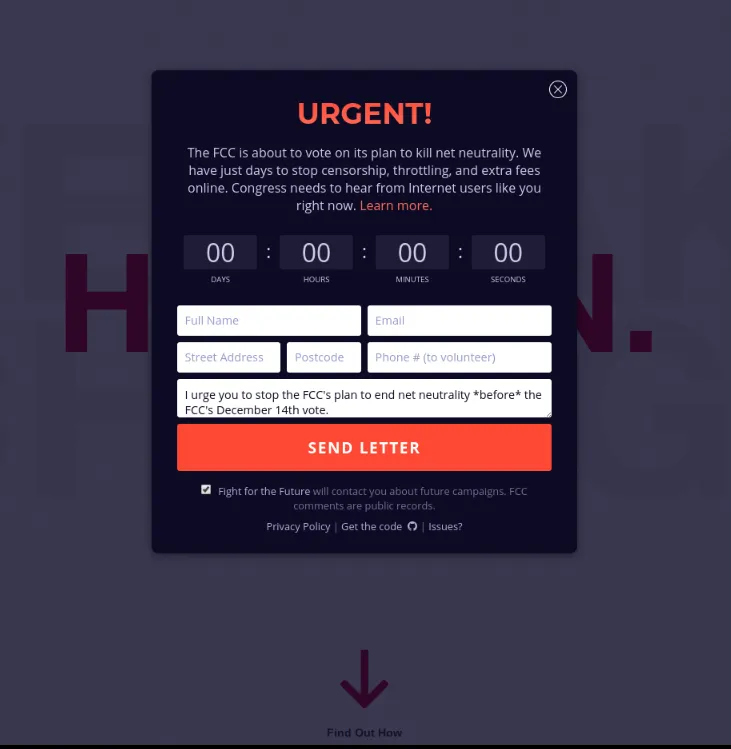Front Range firms support open Internet despite FCC’s repeal

As the Federal Communications Commission voted to repeal net neutrality, Front Range technology and telecommunications businesses were already thinking about what comes next.
The repeal of net neutrality, which was passed in 2015 and prevents Internet service providers from blocking or slowing down access to online content, has several technology startups and small businesses thinking about ways to continue the fight.
“After it passes, and we think it will, we plan to keep fighting and support legal efforts,” Kristen Perry, communications director for Voqal, said ahead of Thursday’s vote. Voqal is a national consortium…
THIS ARTICLE IS FOR SUBSCRIBERS ONLY
Continue reading for less than $3 per week!
Get a month of award-winning local business news, trends and insights
Access award-winning content today!
